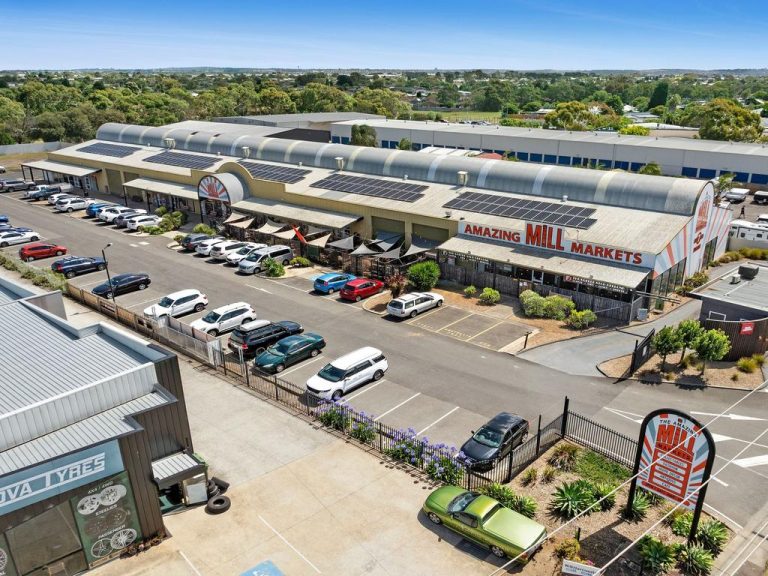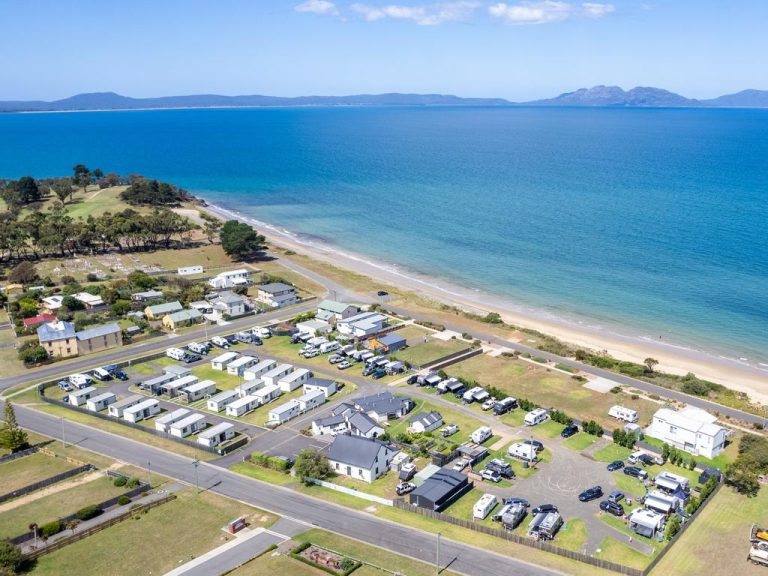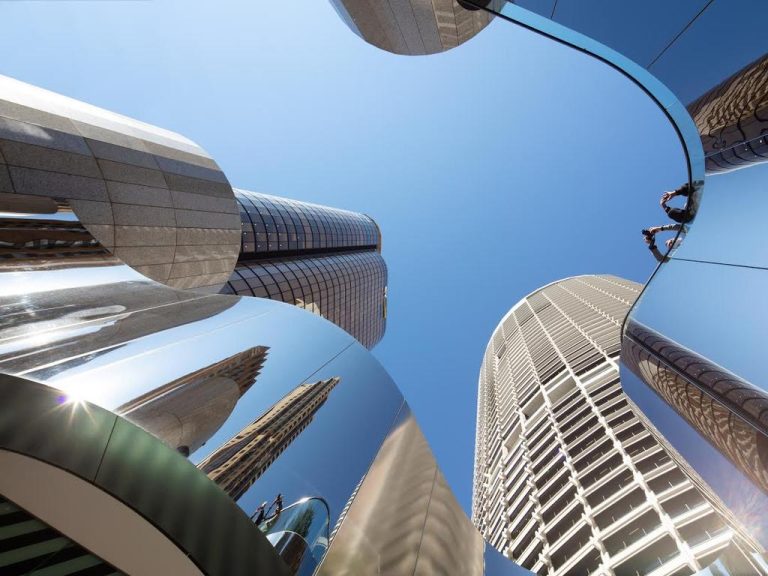Proposed international student tax questioned as accommodation demand soars
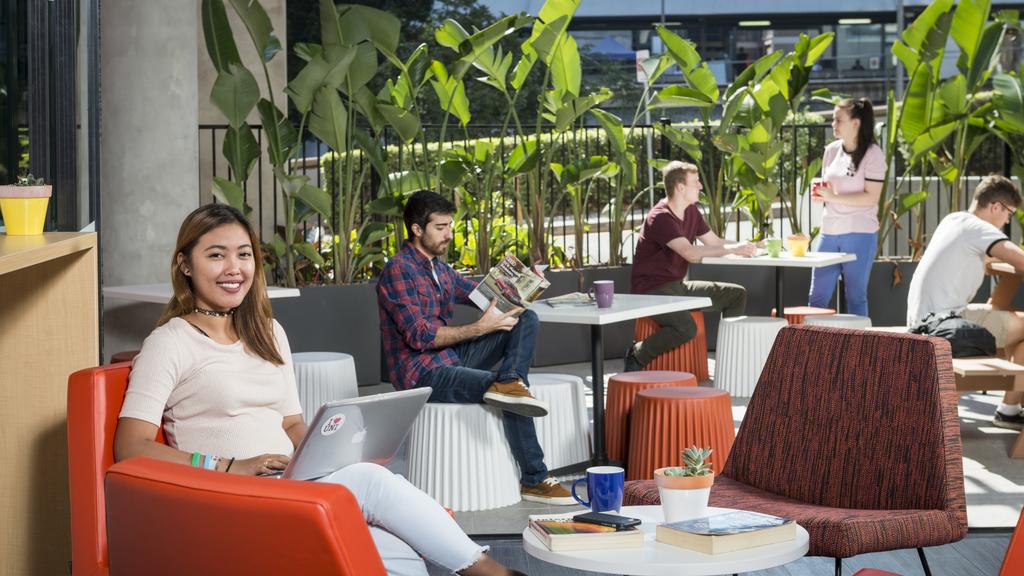
Students at purpose built student accommodation at Unilodge Brisbane in South Bank. Picture: Supplied
The student accommodation sector has slammed a proposed tax on international students, but the field is still expected to grow strongly over the next decade as Australia deals with a multi-decade housing supply deficit.
The area has been under pressure for months as the Universities Accord process put forward a 10 per cent levy in July, despite two existing levies on international students.
The tax would raise $1bn annually from universities receiving large incomes from international student fees and redistribute it to boost the overall university system. However, the move could hit both the $10bn worth of international student fees paid each year, and student housing providers.
Property Council of Australia group executive of national policy and advocacy Matthew Kandelaars said adding a tax on international student incomes ignored the reality of the nation’s housing supply deficit.
“We know that imposing an International Student Levy would have far-reaching effects in the Australian economy,” Mr Kandelaars said.
“With international education being Australia’s top service export at $40bn pre-pandemic, attracting 300,000 visitors annually who visit students who spend roughly $4,000 monthly in our economy, our focus should be on housing these students rather than taxing them,” he said.
A report from real estate agency Savills showed that purpose-built student accommodation plays a vital role as international student arrivals continue to increase at a rapid rate. In the year to September, 618,350 students arrived to Australia, an 88 per cent increase from last year.
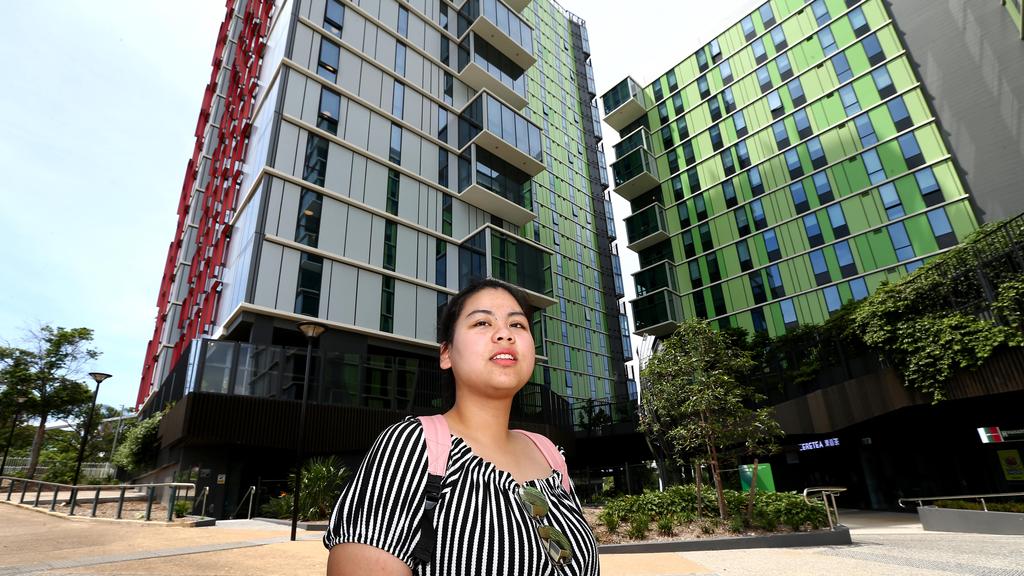
Uni Lodge student accommodation at Buranda, near Stones Corner. Picture: David Clark/AAP
Savills said international student arrivals are forecast to surpass pre-pandemic levels in 2024 and grow to one million by the end of 2025. The agency’s director of operational capital markets Paul Savitz said this boost in international student arrivals came after Australian universities “advised a return to in-person course delivery this year, with the Chinese government also requesting its students to return to destination universities”.
“This catalysed a rapid bounce-back in demand for higher education in Australia, which has caught many universities by surprise,” Mr Savitz said.
The report highlighted an easing pipeline of student developments forecast over the next three years, with the total number of new student beds dropping by more than 50 per cent compared to the last three years.
It also revealed that investors are shifting their focus away from the inner-city suburbs of Sydney and Melbourne and toward locations, such as Sydney’s northern suburb of Macquarie Park.
Despite the difficulties of getting new projects up due to soaring construction costs and the higher price of debt, the area remained attractive to investors due to its counter-cyclical benefits and strong returns, as shown by Blackstone buying the Student One portfolio.
“We anticipate that investors will continue to back student accommodation due to the capacity for rents to keep pace with inflation,” Mr Savitz said.
CBRE estimates that there will be a little more than 8000 purpose-built rooms delivered across Australian by 2027, a supply figure which will inevitably be outweighed by the demand.
The sector is viewed as facing the same supply crisis seen in the broader housing market. But it is likely to throw up significant property investment and development opportunities, with big local companies including GPT also joining the roll call of international players in the sector.
Scape chief executive Anouk Darling said more needs to be done by the government to recognise international students and PBSA as both major contributing factors to the economy.
The University Accord’s final report is to be released in February next year.

